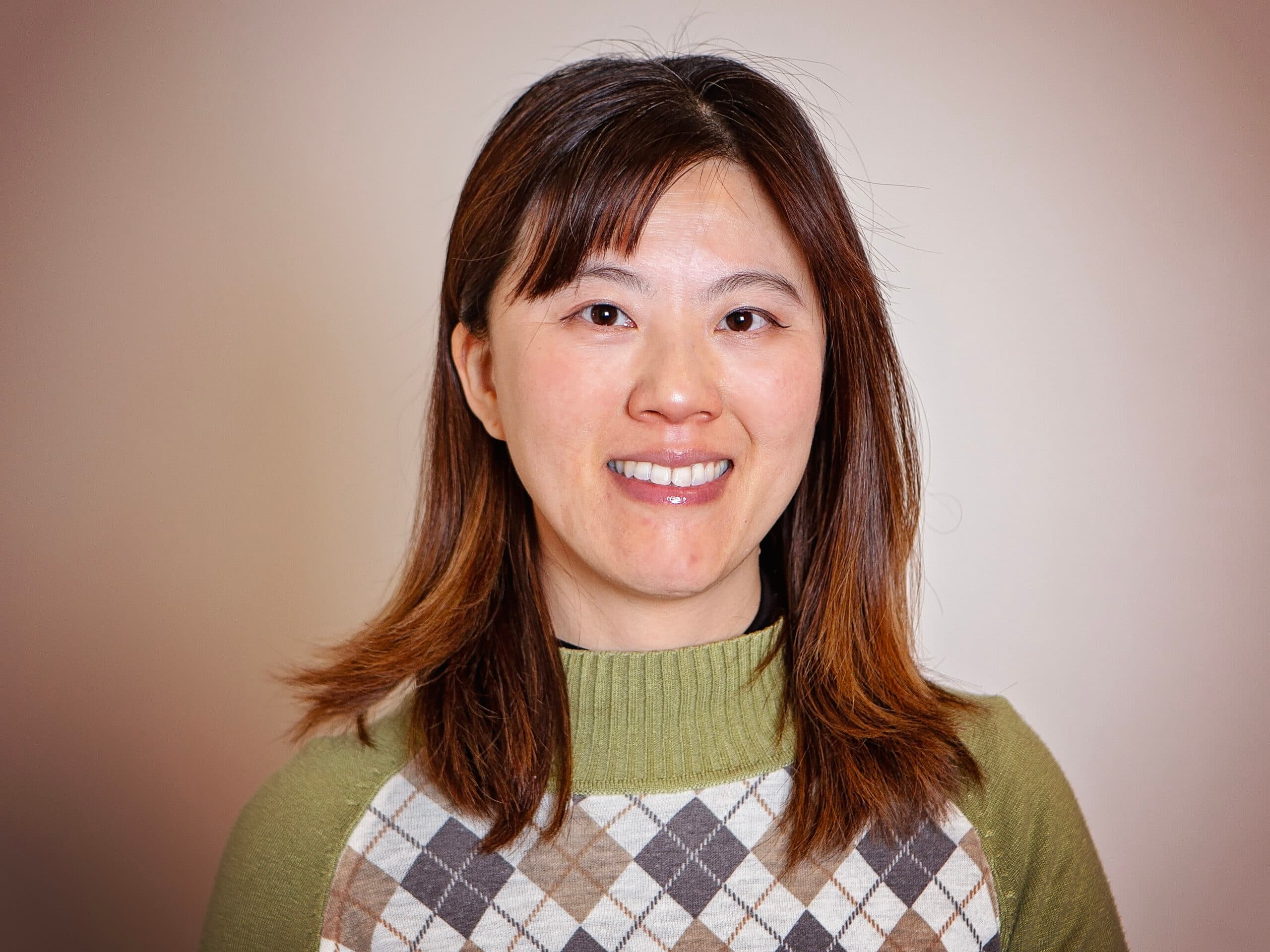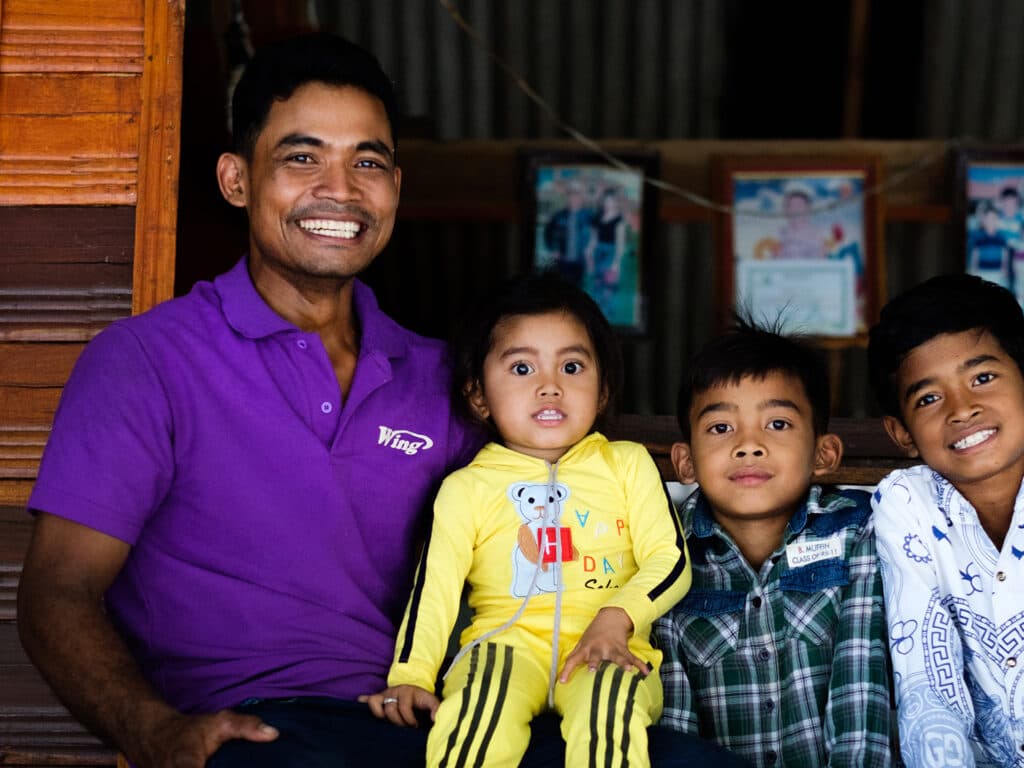
Disability Does Not Define Me
On this World Disability Day, we honour stories of resilience and strength that challenge stereotypes and inspire change. Today, we spotlight Ms. Phally Norm—a woman who proves that disability does not determine destiny, but how we choose to respond to our challenges does.
Phally Norm, 39, is from Kokkandal, a small village in Siem Reap Province. Fourteen years ago, Phally left her home village to live with her elder brother's family in another town. Living in a small house owned by her cousin, life for Phally hasn’t been easy. After their mother passed away and their father went to work in Thailand, she took on the responsibility of caring for her two nephews, aged seven and eleven.
In 2016, Phally’s life changed forever after a severe traffic accident left her with a physical disability, limiting the mobility of her left leg. The accident brought not only physical pain but also emotional trauma. Discrimination from relatives and societal stigma surrounding disabilities compounded her struggles. With only a sixth-grade education, her opportunities appeared limited. Yet, Phally refused to let her circumstances define her.
The Turning Point
Her life changed when she joined the Women’s Resource Center (WRC) through the House of Family (HoF) project. Supported by core funding from Diakonia, WRC provides essential support to women and girls, particularly those with disabilities, through programs focused on empowerment, education, and inclusion. For Phally, these programs were truly transformative.
Through WRC, Phally attended training sessions on topics that expanded her world view —positive parenting, addressing alcohol and drug abuse, gender equality, and feminism. Self-advocacy workshops gave her the confidence to voice her needs and assert her rights. Using her new knowledge, Phally started a small home-based business. She now teaches Khmer to children and raises chickens. This small business provides her with financial independence and a renewed sense of purpose.

A Voice for Inclusion
Phally has grown into a role model in her community and is now actively advocating for greater accessibility and inclusion for people with disabilities. She wants to show that having a disability doesn't mean a person can't be successful. Her dream is simple: to own her own house and see her nephews graduate and thrive in their lives.
Reflecting on her journey, Phally shared:

"Before joining the WRC program, I felt limited by my disability and the barriers imposed by society. The support and training I received empowered me to take control of my life and break those barriers. Now, I’m running my home business and advocating for others like me. I want everyone to know that disability is not a limitation, but a different ability"
Phally Norm
The Continuing Mission
The WRC, with Diakonia’s support, continues its mission to empower women and girls with disabilities. From building organisational capacity to creating mentorship opportunities and local business partnerships, it aims to help many more women like Phally achieve self-reliance, contribute actively to their communities, and inspire future generations.
Phally's story reminds us that resilience and community support can turn obstacles into opportunities. On this World Disability Day, we celebrate her achievements and those of countless others striving to create a more inclusive and equitable society for all.
*This article was written in collaboration with Women’s Resource Center (WRC).
About The Women’s Resource Centre
The Women’s Resource Centre (WRC), established in 2008, is a local organisation committed to empowering women in Cambodia. Based in Siem Reap, WRC provides a safe space where women can access resources and information on topics like women’s rights, gender equality, reproductive health, parenting, and financial literacy. The organization also conducts workshops and advocacy campaigns to address societal issues affecting women, including domestic violence, education access, and economic opportunities. WRC aims to foster confidence, independence, and a supportive community for Cambodian women and girls.


Diakonia in Cambodia
In Cambodia, Diakonia works with local civil society organizations and directly with communities, training people to become aware of and defend their rights. Our focus areas are human rights, democracy, gender equality, good governance, and social and economic justice.
Through the work of Diakonia and our partner organizations, hundreds of thousands of people have become aware of their human rights. By encouraging people to organise themselves, a successful contribution to the general development of the community has been made.